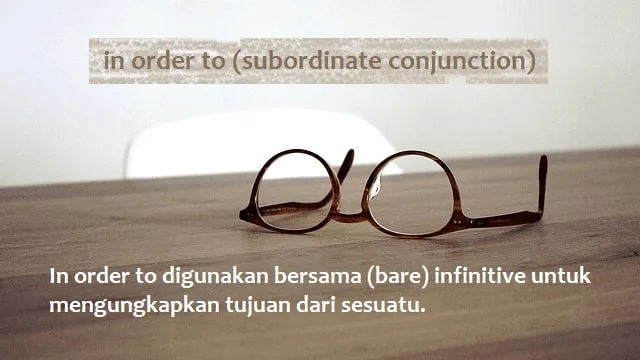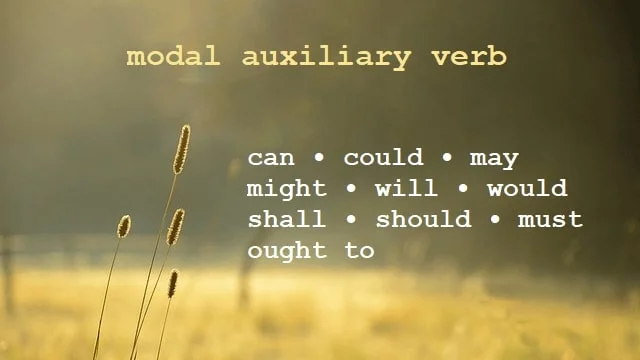FRIDAY (AUGUST 28TH, 2020, ON GRADE 9G)
Pengertian dan penggunaan so that dan in order that
So that dan in order that sama-sama digunakan untuk menunjukkan tujuan dari sesuatu (to show the purpose of something).
Kita sering menggunakan modal auxiliary verb seperti can, may, dan would bersama dua frasa bahasa Inggris ini. Kita dapat menggunakan simple present atau simple future “will” setelah so that dan simple present setelah in order that ketika membicarakan masa depan.

contoh kalimat so that / in order that dan artinya
That yang mengikuti so sering dihilangkan pada situasi informal. Kata yang merupakan conjunction (kata hubung) ini lebih umum digunakan dibandingkan in order that. Adapun in order that yang merupakan idiom yang berarti “so that something can happen” (agar sesuatu dapat terjadi) lebih formal (more formal) daripada so that.
Selain untuk menunjukkan tujuan dari sesuatu, so that juga dapat digunakan untuk menunjukkan akibat dari sesuatu (to show the result of something).
 penggunaan dan rumus so that / in order that
penggunaan dan rumus so that / in order thatContoh kalimat so that dan in order that
No Contoh kalimat so that dan in order that1 He studied hard so that he could pass the test.
(Dia belajar keras agar dapat lulus tes tersebut.) so that + modal auxiliary verb
2 Please turn down the volume so you can hear me.
(Tolong kecilkan volume supaya kamu dapat mendengar saya.) so that + modal auxiliary verb
3 I’ll tell you the best route so that you will arrive on time. simple future tense or
I’ll tell you the best route so that you arrive on time.
(Saya akan mengatakan padamu rute terbaik supaya kamu tiba tepat waktu.) simple present tense
4 She didn’t replied my texts so that I tried to call her.
(Dia tidak membalas pesan-pesan saya, oleh karena itu saya mencoba meneleponnya.) to show the result of something
5 We will provide you with the right guidance and advice in order that you get the best outcome for your situation.
(Kami akan memberimu bimbingan dan saran yang tepat agar kamu mendapatkan hasil terbaik untuk situasimu.) in order that + simple present tense
6 In order that you are able to complete assignments, learn to manage your time effectively.
(Agar kamu dapat menyelesaikan tugas-tugas, belajar mengatur waktumu dengan efektif.) in order that + simple present tense
Choose so that or in order to to complete the sentences. Give the underline to the answer.
1. I have started an English course (so that / in order to) improve my English.
2. I'm studying very hard nowadays (so that / in order to) I can pass my class.
3. I went to bed early (so that / in order to) wake up early.
4. We all put on our jackets(so that / in order to) keep warm.
5. One should exercise regularly (so that / in order to) keep their body in shape.
6. Make sure your bags are tagged (so that / in order to) you can find them easily.
7. I had to take a cab (so that / in order to) I wouldn't be late for my appointment.
8. I took my digital camera with me (so that / in order to) I could take some photos during my trip.
9. I need to take out a loan from a finance company (so that / in order to) buy a new car.
10. Jason turned off the radio (so that / in order to) he could concentrate on his work.
send your answer to my email @unyilruwimerliana@gmail.com
😍😍😍







